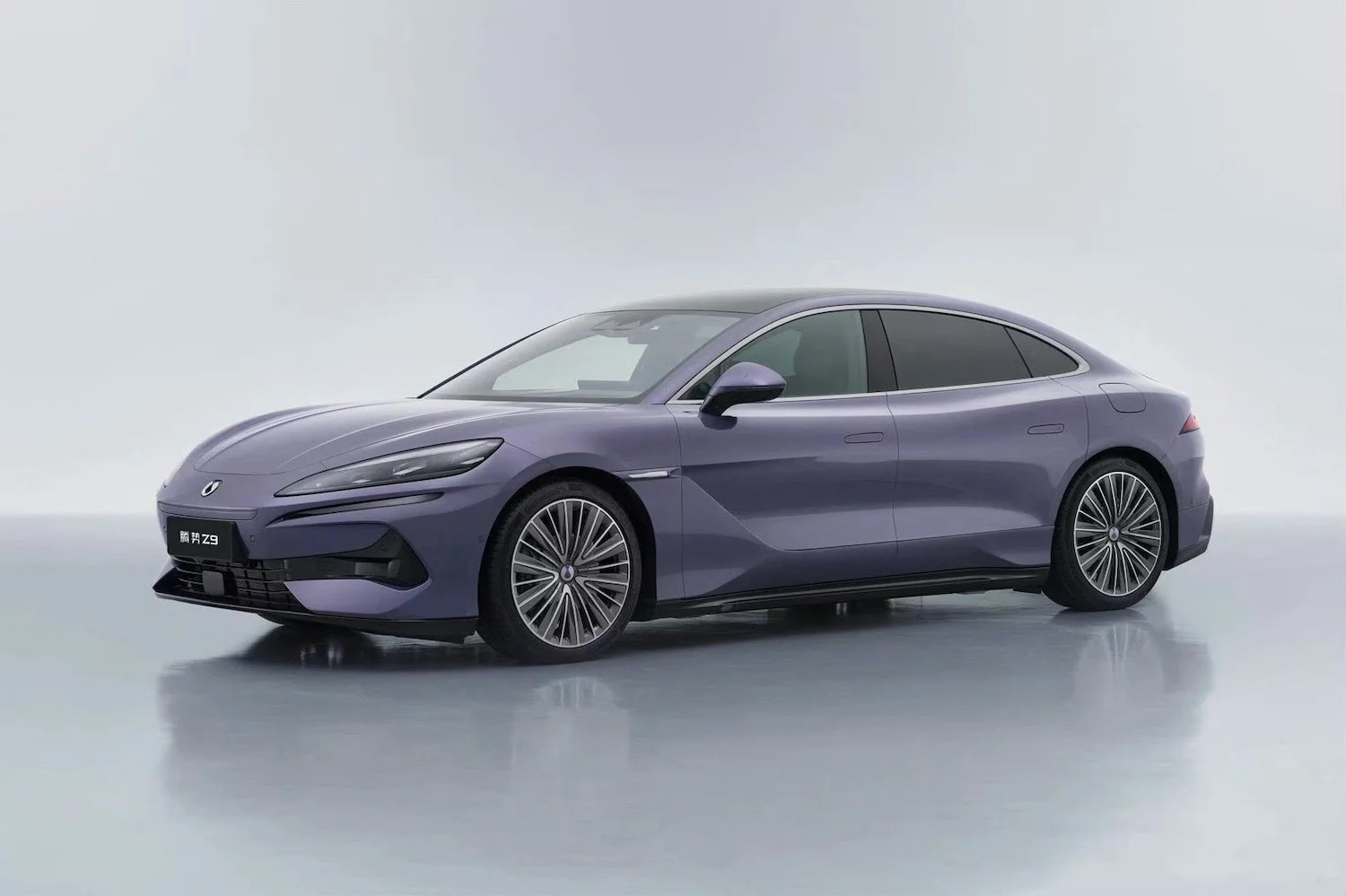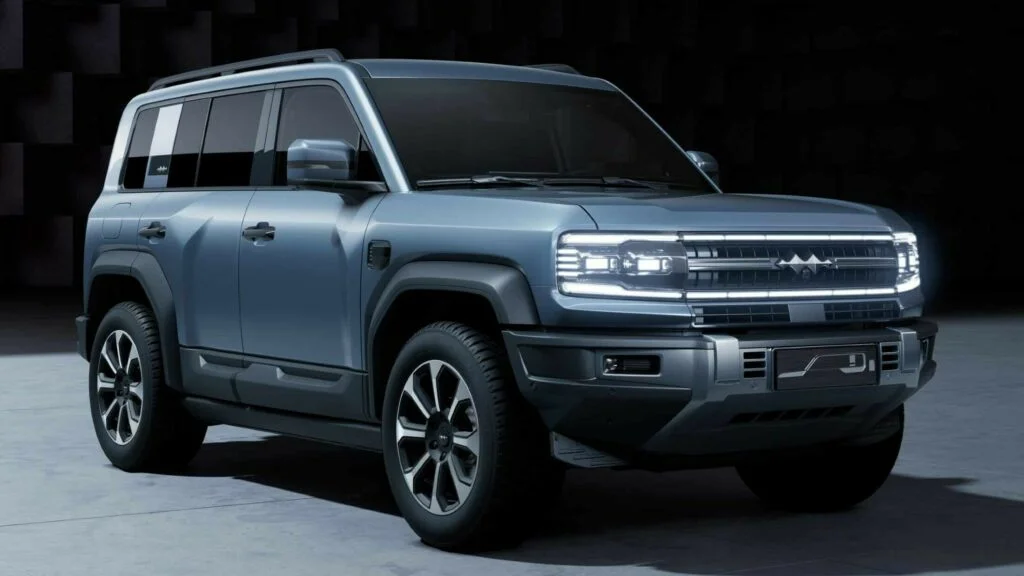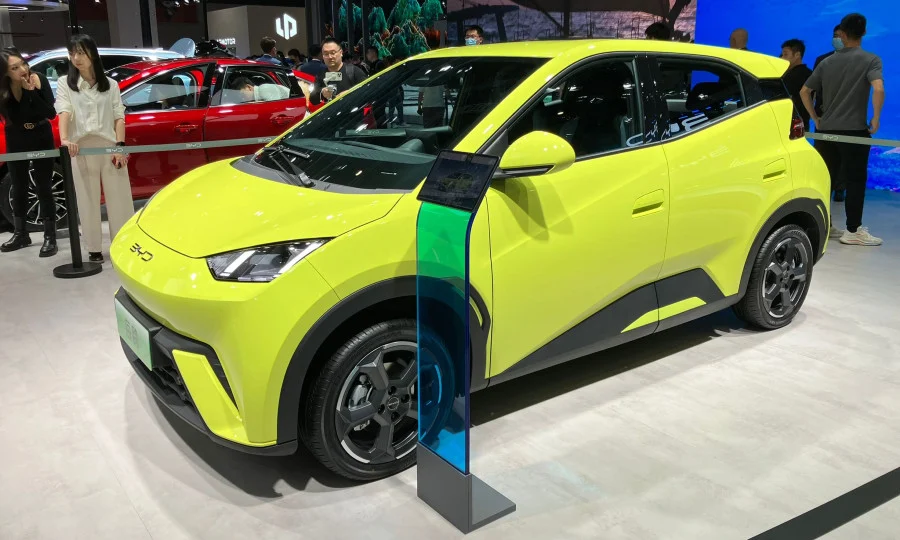Mercedes-Benz Sells Its Stake in Luxury EV Brand Denza—Is BYD’s Z9 GT the New Porsche Killer
October 3, 2024 – Stuttgart, Germany:- Denza, a luxury car brand co-founded by Mercedes-Benz in 2010, has recently transitioned to full ownership under BYD. This shift comes after reports revealed that Mercedes-Benz sold its remaining 10% stake in the company, following its previous reduction of ownership in 2021. The change in ownership comes as Denza … Read more



